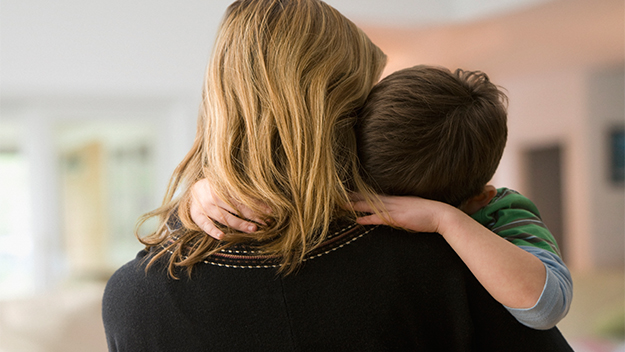Fear of deliberate harm being inflicted in public places where people usually go about their business in the belief they are safe may unsettle kids and result in fixation on the incident, poor sleep and general unease.
Parents are being advised by experts at the Australia National University’s Australian Child and Adolescent Trauma, Loss & Grief Network to consider how news of the siege may be affecting their child.
In a blog about how to support kids in times of trauma and adversity, they recommend families:
Restrict the amount of media coverage children see of the event.
Watch media coverage with your child so that you are there to answer any questions they may have.
Help to remind your child that they are safe and that you are there to answer any questions for them if they feel unsafe.
Give support to your child if they are upset and comforting them.
Because the siege was seemingly random and unexpected, it may cause particular fear and shake kids’ fundamental belief they are essentially safe. They may worry about something similar happening to themselves and their family.
While it’s normal to feel some anxiety and sadness for the hostages and their families, the trauma team warned that, “for some people, this ongoing media coverage has the potential to lead to some more significant feelings of anxiety, worry and sadness.
“This can be especially true of children, who do not always have a good understanding of what they are reading about or witnessing in the media, and to some extent need to be protected from some of this ongoing coverage.”
Media coverage that focuses on the more frightening aspects and images should be limited and parents should remember even kids who aren’t exposed to coverage may hear about it through conversations with others, such as in the playground.
The ANU experts said many kids may feel worried or anxious over the next few days but this should settle down. If they have ongoing issues, it’s recommended parents speak to a doctor or other health professional.
Signs they may be struggling include separation problems, loss of confidence and initiative, changes in thinking and learning, becoming withdrawn, noisy, boisterous, irritable or moody, repetitious behaviour, nightmares and general fear.
For more information, go to the Trauma & Grief Network: Supporting Families website at tgn.anu.edu.au

.jpg)
